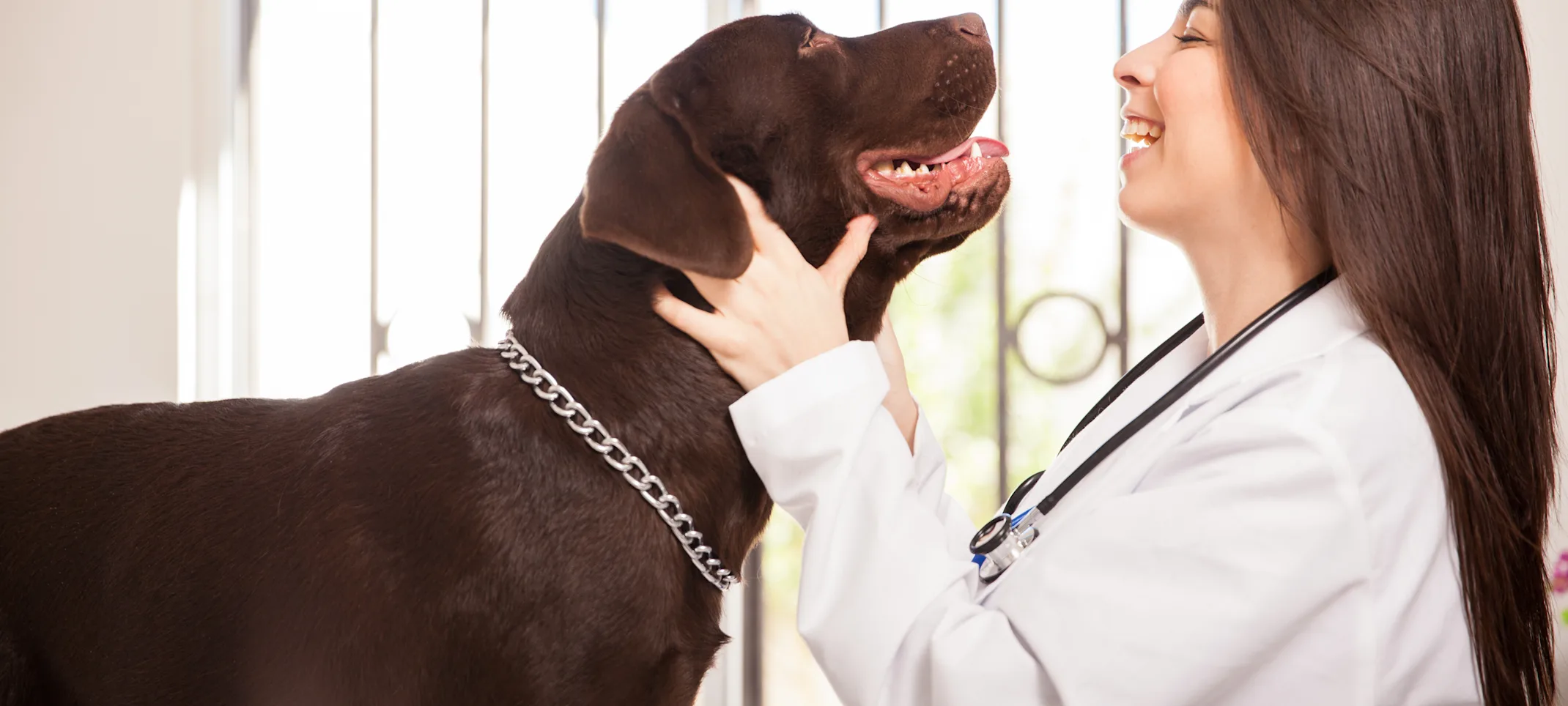Metairie Small Animal Hospital (MSAH)
Reproductive Care
At Metairie Small Animal Hospital, our veterinary team understands the commitment involved in helping facilitate a dog pregnancy for your canine companion.

We have very specific standards for assisted canine reproduction and only work with breeders exhibiting quality breeding practices. Our services include:
Progesterone testing for ovulation timing
Caesarean Sections
Ultrasonography for Pregnancy Diagnosis or evaluation of the reproductive organs (in cases of infertility)
High-Risk Pregnancies
Our services also include management of:
Prostate Diseases
Uterine, Vaginal and Mammary Diseases
Treatment for Pyometra (infected uterus)
Dog Fertility
Dog fertility issues can arise for a number of reasons and can affect dogs of all ages, but tend to be more common among older dogs. For example, uterine cysts, which can cause infertility in female dogs, are more common among dogs 6 years of age and older. Pre-existing medical conditions including uterine infections can also lead to dog fertility issues, specifically regarding implantation.
One of the most common causes of dog fertility issues is breeding or insemination during the improper time in the female's estrous cycle, or in layman's terms, when the female dog is not fully in heat. Unlike other dog fertility issues, monitoring a female dog's heat cycle, and allowing for mating only during her most fertile period, can overcome this situation.
Certain dog breeds are predisposed to thyroid insufficiency and therefore have a higher prevalence of dog fertility issues. Breeds that are at particular risk of hypothyroidism include:
Boxers
Doberman pinschers
Dachshunds
Golden Retrievers
Great Danes
Irish Setters
Miniature schnauzers
Poodles
Other conditions that may play a role in dog breeding include:
Male infertility factors like low semen count
Subclinical uterine infections
Brucella canis
Canine Herpesvirus
Toxoplasmosis infection
Hyperadrenocorticism
Abnormal ovarian function
Chromosomal abnormality
Systemic viral or protozoal infection
Lack of sufficient copulatory stimulus in order to induce ovulation
Dog Pregnancy Care
A dog pregnancy is one of the most amazing, yet vulnerable times for a female dog as well as her unborn puppies. Therefore, it is essential to provide proper care during the prenatal period. First and foremost before allowing a dog pregnancy, make sure you have properly protected your female dog and her potential litter by following these steps:
Your dog should have a complete physical exam to ensure she is healthy enough to have a successful pregnancy
Most veterinarians advise against vaccinating pregnant dogs, so dogs should be vaccinated well before pregnancy occurs
Get your dog dewormed, Intestinal parasites (such as roundworms and hookworms) can pass from a mother to her puppies. Your dog's veterinarian will prescribe an appropriate medication that will protect both your dog and her puppies from these parasites
Have a heartworm test performed, and start an appropriate heartworm prevention protocol if recommended by your vet
If you think your dog may be pregnant, then it's time to make an appointment with your veterinarian immediately. Your veterinarian can help you verify the pregnancy, determine the due date, discuss any medication changes, and even estimate the number of expected puppies. Your veterinarian can also help you determine if your dog is having a false pregnancy, a condition in which she looks and acts pregnant when she's not.
Ultrasound machines can visualize puppy fetuses approximately 4 weeks into the pregnancy. Your veterinarian may be able to feel the puppies inside your dog's belly 20-30 days into the pregnancy. Unborn puppies can be seen on x-rays 7-8 weeks into the pregnancy
Your veterinarian will count the fetal skeletons on x-ray to try to determine the number of expected puppies. This way, you will know if all the puppies have been delivered successfully when your dog gives birth. If you are expecting 6 puppies but only 4 are born, you will know to take your dog in for emergency medical care
Your veterinarian may also give you a list of recommendations to adhere to during your dog's pregnancy. Items on this list could include:
Feeding schedule
Best Nutritional Choices
Recommended Medications
Prohibited Medications
Exercise Recommendations
Whelping Box/Puppy Dens
Check-up/examination schedule for the duration of the dog pregnancy
Delivering Newborn Puppies
When it is time for your dog to deliver her litter of puppies you may notice some signs that your dog is going into labor. These may include:
She becomes restless
She stops eating up to 24 hours before labor
She may paw at her bedding as if preparing a nest
She starts licking her vulva
She may vomit or discharge mucus
For the most part, your dog will instinctively know what to do, so she should do most of the work. It is recommended that you provide a warm, comfortable and quiet space and have the following supplies on hand:
Whelping box
A laundry basket lined with a heating pad and a blanket
A stack of clean towels
Emergency Supplies such as sterile scissors, rubber gloves and supplies to tie of the umbilical cord if necessary
Schedule A Veterinary Appointment Today!
The health and wellness of the mother and her puppies is of paramount importance throughout the entire pregnancy. An expecting human mother would be ill-advised to go about her pregnancy without the insight, assistance and expertise of a medical professional, and neither should your female dog.
Your dog deserves every chance to have a healthy, happy litter of puppies. At Metairie Small Animal Hospital we take pride in facilitating healthy dog pregnancies for mother and puppies alike. We feel like pets are truly part of the family and would be honored to guide your family through this exciting time.
Contact us to schedule a dog breeding consultation today
